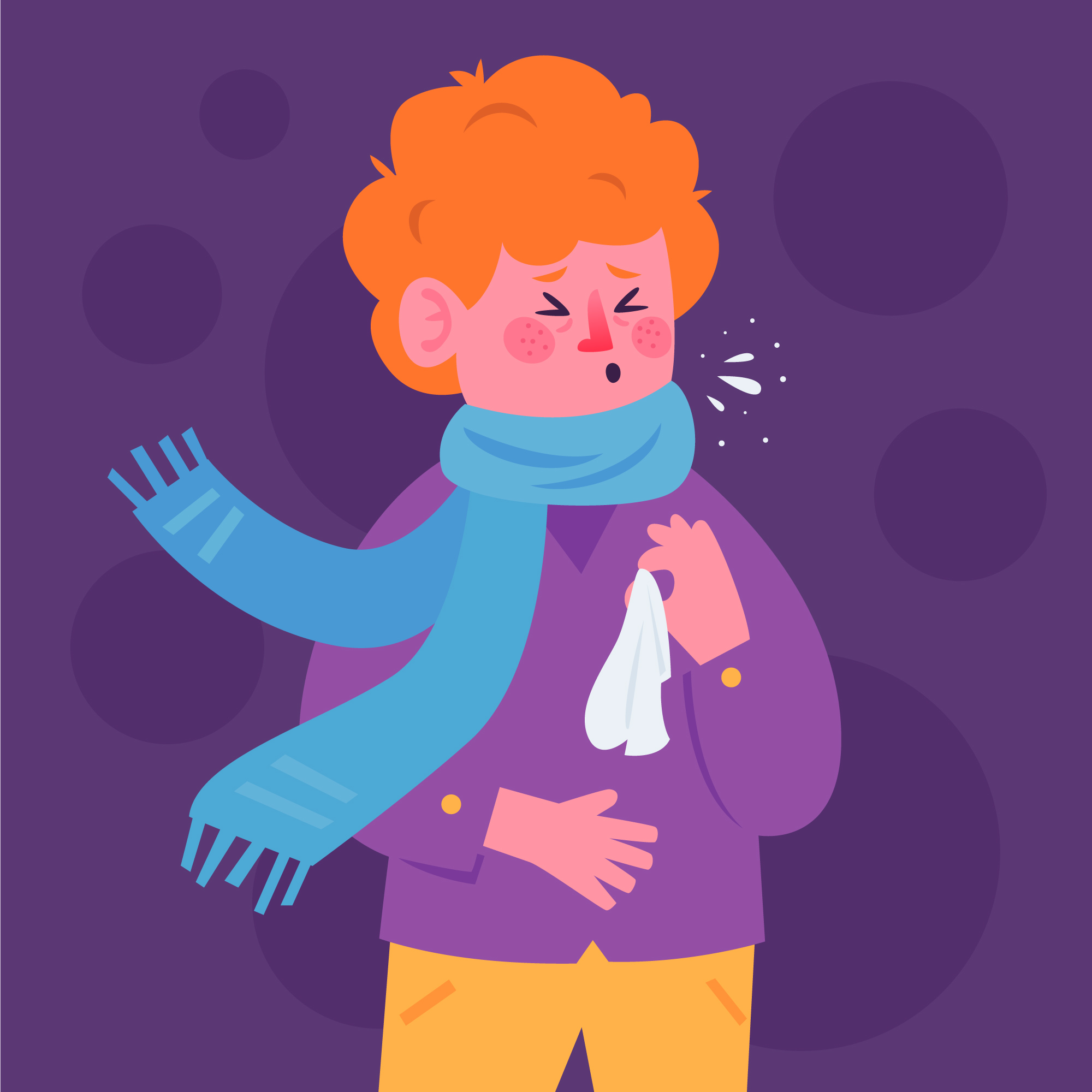Sleep is essential for overall health and well-being. Poor sleep or insomnia can affect mood, concentration, immunity, and even long-term health. While medications may provide temporary relief, natural remedies and lifestyle adjustments are often safer and more effective for improving sleep quality. This guide explores proven home remedies for better sleep and tips for maintaining healthy sleep habits.
Understanding Sleep and Insomnia
Sleep is a restorative process that allows the body and mind to recover from daily stress and perform essential functions. Insomnia is the difficulty in falling asleep, staying asleep, or experiencing restorative sleep. It can be caused by stress, irregular sleep schedules, lifestyle factors, medical conditions, or environmental disturbances.
Common Causes of Poor Sleep
- Stress and anxiety
- Poor sleep routine or irregular schedules
- Excessive screen time before bed
- Caffeine or alcohol consumption
- Poor bedroom environment (noise, light, temperature)
- Medical conditions such as sleep apnea or restless leg syndrome
- Medications or stimulant use
Home Remedies for Better Sleep
1. Maintain a Consistent Sleep Schedule
Going to bed and waking up at the same time every day helps regulate your body’s internal clock. Consistency reinforces natural circadian rhythms, making it easier to fall asleep and wake up refreshed.
2. Create a Relaxing Bedtime Routine
Engage in calming activities before bed, such as reading, listening to soothing music, or taking a warm bath. Avoid stimulating activities like work, heavy exercise, or intense discussions before sleep.
3. Limit Screen Time
Exposure to blue light from phones, tablets, and computers suppresses melatonin production, the hormone that regulates sleep. Avoid screens at least 1–2 hours before bedtime or use blue light filters.
4. Herbal Teas
Herbal teas like chamomile, valerian root, lavender, and lemon balm have natural calming properties. Drinking a warm cup 30 minutes before bedtime can relax the body and prepare the mind for sleep.
5. Warm Milk
Warm milk contains tryptophan and calcium, which help the brain produce serotonin and melatonin, promoting sleep. Drink a glass of warm milk before bedtime for a soothing effect.
6. Aromatherapy
Essential oils such as lavender, chamomile, and sandalwood have calming effects on the nervous system. Use a diffuser, add a few drops to your pillow, or massage diluted oils onto the temples to enhance relaxation and sleep quality.
7. Magnesium-Rich Foods
Magnesium helps relax muscles and nerves, promoting deeper sleep. Include nuts, seeds, leafy greens, and whole grains in your diet. Magnesium supplements can also be considered after consulting a healthcare professional.
8. Limit Caffeine and Stimulants
Caffeine, nicotine, and certain medications can interfere with sleep. Avoid coffee, tea, energy drinks, or stimulant-rich foods at least 6 hours before bedtime.
9. Physical Activity
Regular exercise improves sleep quality by reducing stress and promoting relaxation. Engage in moderate physical activity like walking, yoga, or swimming. Avoid intense workouts immediately before bedtime, as they may be stimulating.
10. Meditation and Deep Breathing
Practicing mindfulness meditation, progressive muscle relaxation, or deep breathing exercises can calm the mind and reduce insomnia caused by stress or anxiety. Spend 10–20 minutes before bed focusing on slow, rhythmic breathing.
11. Maintain a Comfortable Sleep Environment
Create a bedroom that is quiet, dark, and cool. Use blackout curtains, comfortable bedding, and maintain an ambient temperature around 18–22°C (65–72°F). Consider using white noise machines if external noise disrupts sleep.
12. Limit Heavy Meals Before Bed
Eating large or spicy meals before sleep can cause indigestion, acid reflux, or discomfort. Opt for a light dinner at least 2–3 hours before bedtime. Foods like bananas, yogurt, or whole-grain toast can be gentle on the stomach.
13. Avoid Alcohol Before Bed
While alcohol may initially induce sleep, it disrupts sleep cycles and reduces REM sleep quality. Avoid alcohol in the evening to achieve restorative, uninterrupted sleep.
14. Sunlight Exposure During the Day
Natural light exposure helps regulate circadian rhythms and melatonin production. Spend at least 20–30 minutes outdoors during the day, especially in the morning, to improve nighttime sleep.
15. Limit Naps
Long or late afternoon naps can interfere with nighttime sleep. If you need to nap, limit it to 20–30 minutes early in the day to avoid disrupting your sleep schedule.
16. Use Sleep-Enhancing Supplements
Natural supplements like melatonin, magnesium, and valerian root may help regulate sleep patterns. Consult a healthcare provider before starting any supplement to ensure safety and appropriate dosage.
17. Journaling Before Bed
Writing down thoughts, worries, or tasks in a journal can clear the mind and reduce stress-related insomnia. Spend 5–10 minutes jotting down your thoughts before bedtime.
18. Limit Fluids Before Bed
Drinking too much water before sleep can lead to frequent urination, disrupting sleep. Hydrate well during the day, but limit intake 1–2 hours before bedtime.
19. Progressive Muscle Relaxation
This technique involves tensing and relaxing different muscle groups to release physical tension. Start from your toes and work up to your head, focusing on slow breathing as you relax each muscle group.
20. Maintain a Sleep Diary
Tracking your sleep patterns, habits, and environmental factors can help identify triggers for insomnia. Note bedtime, wake-up time, quality of sleep, diet, and stress levels to improve sleep hygiene effectively.
When to Consult a Doctor
While home remedies are effective for mild or occasional insomnia, seek medical advice if you experience:
- Persistent insomnia lasting more than 3 weeks
- Severe difficulty falling asleep or staying asleep
- Daytime fatigue affecting work or daily activities
- Snoring, pauses in breathing, or restless leg symptoms
- Sleep disturbances associated with depression, anxiety, or medical conditions
Preventive Tips for Healthy Sleep
- Follow a consistent sleep and wake schedule
- Create a relaxing bedtime routine
- Limit caffeine, alcohol, and nicotine intake
- Exercise regularly and practice stress management
- Ensure a comfortable and quiet sleep environment
- Limit exposure to screens before bedtime
- Maintain a balanced diet and avoid heavy meals late at night
Conclusion
Better sleep is achievable through a combination of home remedies, lifestyle adjustments, and mindful habits. Natural techniques like herbal teas, warm milk, aromatherapy, meditation, and maintaining a consistent sleep routine can significantly improve sleep quality. Preventive measures such as limiting caffeine, reducing screen time, exercising, and creating a sleep-friendly environment support long-term restful sleep. By adopting these remedies and healthy habits, you can combat insomnia naturally, enhance overall well-being, and wake up feeling refreshed and energized each day.



